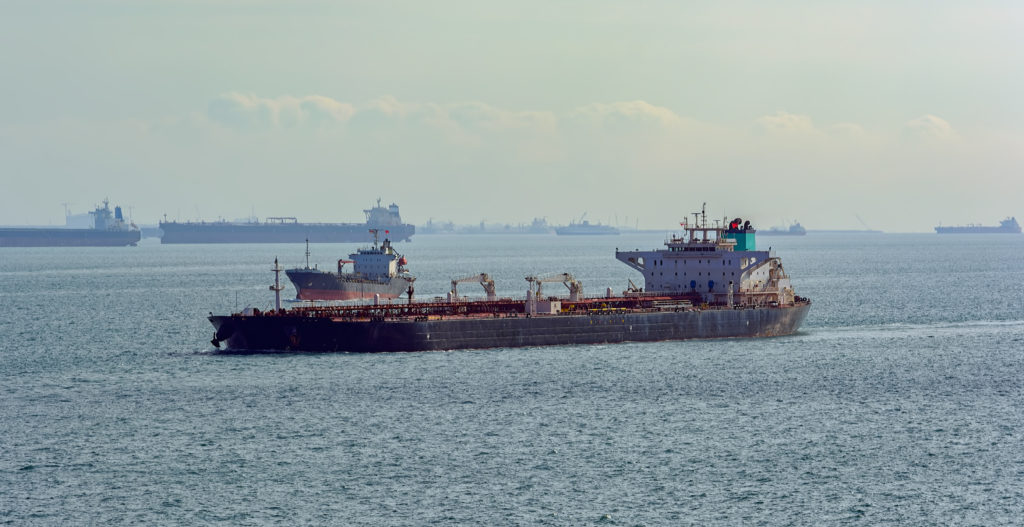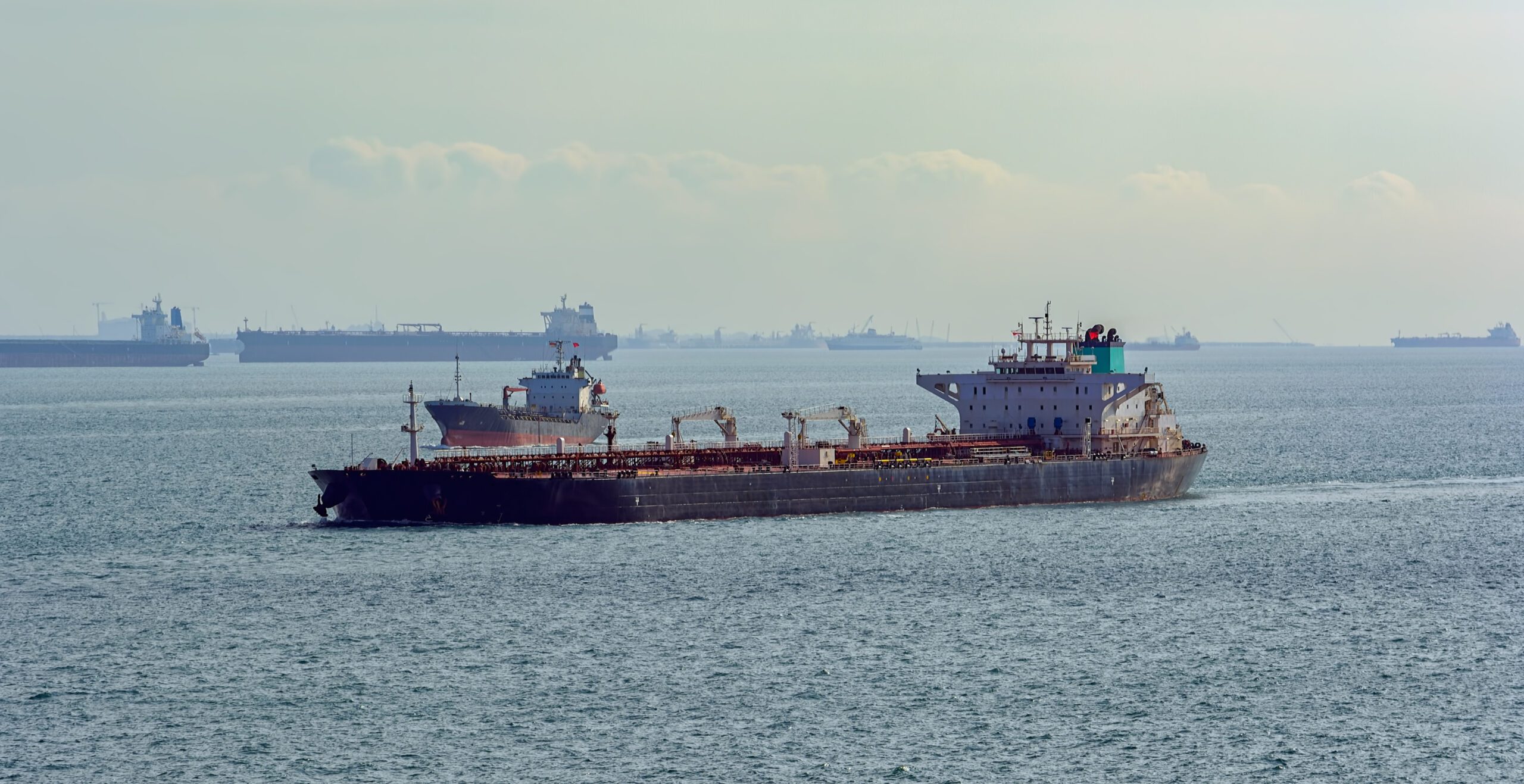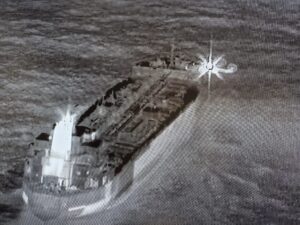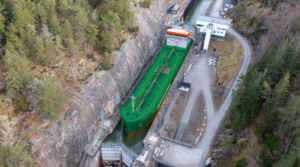
Photo: 129167633©Igor Groshev | Dreamstime.com
European states have been alarmed by the rise of ship-to-ship operations in the open ocean and by the number of tankers in the “dark fleet.”
An EU effort to close loopholes that allow the so-called ‘shadow fleet’ of aging tankers carrying Russian crude is finding broad support from member countries, officials and organisations.
There are hopes of tackling the ‘shadow fleet’ which illegally transporting Moscow’s crude and member states urge for new measures in order to crackdown the Russian ship-to-ship transfers.
A new package of EU sanctions against Russia was proposed by the European Commission. The European Commission President Ursula von der Leyen confirmed that EU Commission proposed an 11th package of sanctions.
“We are proposing to ban “shadow” entities from Russia and third countries that are intentionally circumventing our sanctions,” she explained, speaking in Kyiv alongside Ukraine´s President Volodymyr Zelenskyy.
The dangerous practice of ship-to-ship transfers in the open ocean, as well as the methods used to obscure ship identities and turning off Automatic Identification System (AIS) transponders, were discussed by the Legal Committee of the International Maritime Organization (IMO).
IMO´s Committee considered a document submitted to the session which raised awareness of the consequences and concerns for the global liability and compensation regime of the increase in ship-to-ship transfers in the open ocean.
The Committee was informed that a fleet of between 300 and 600 tankers primarily comprised of older ships, including some not inspected recently, having substandard maintenance, unclear ownership and a severe lack of insurance, was currently operated as a ‘dark fleet’ or ‘shadow fleet’ to circumvent sanctions and high insurance costs. This increased the risk of oil spill or collision.
Specific recommendations have been made by the Committee to put the squeeze on Russian crude smugglers. As it is proposed by IMO´s Committee:
1. flag States are called upon to ensure that tankers under their flag adhere to measures which lawfully prohibit or regulate ship-to-ship transfers, and that such vessels further adhere to the spirit of the safety requirements in IMO conventions and practice safe shipping standards to minimize the risk of oil pollution.
2. flag States should consider requiring that vessels update their ship-to-ship operations manuals to include notifying their flag State when they are engaged in a mid-ocean operation.
3. port States should ensure enforcement of the safety and liability conventions on these vessels and ensure that ship-to-ship transfer operations are conducted in accordance with the applicable safety requirements in IMO conventions and,
4. should port States become aware of any ships “going dark”, they should consider subjecting such vessels to enhanced inspections as authorized, and notifying the respective vessel’s flag administration, as appropriate.
The Committee decided that other UN agencies should be informed of the issues discussed and of concerns and challenges raised, so that they can also take action for matters under their remit.



